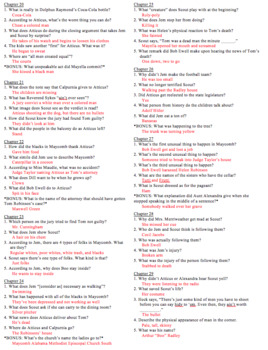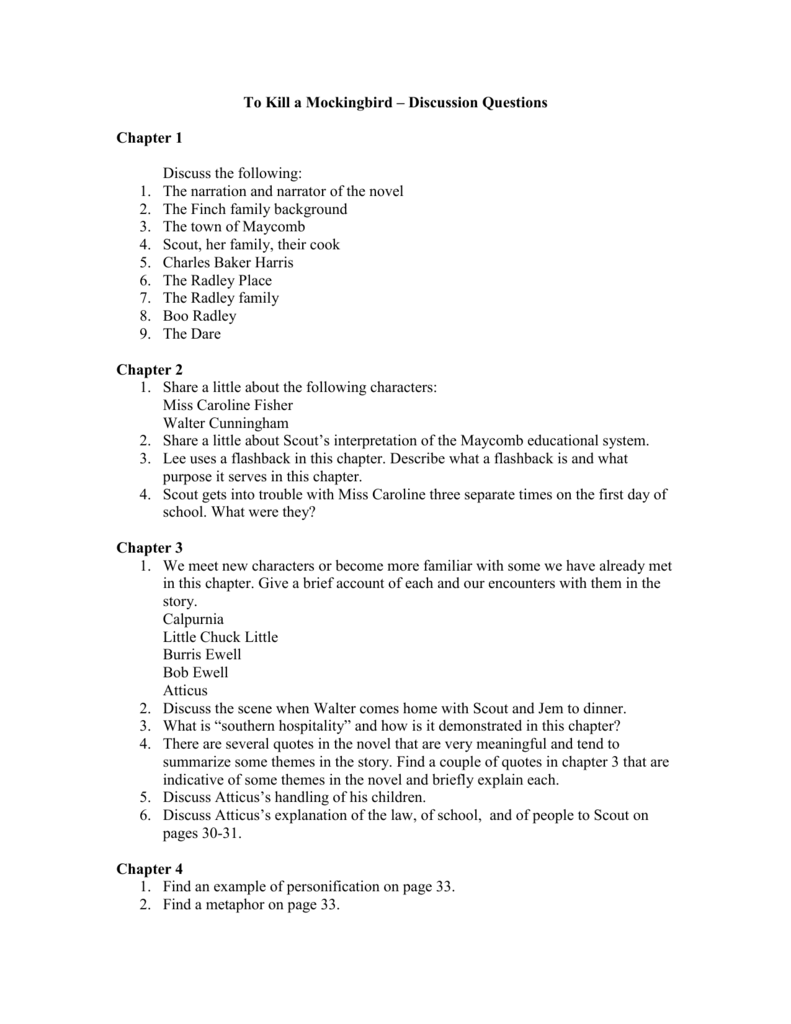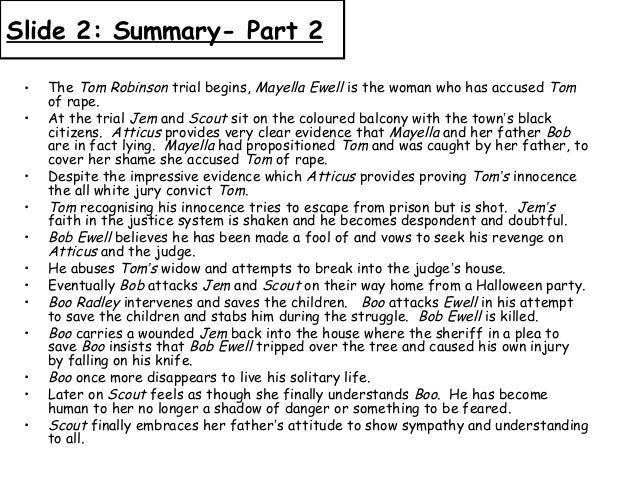


A child is unlikely to either perceive or describe her hometown as being "tired." Scout's language, then, makes clear that Scout functions in the novel in two ways: as the child who is its main character, but also as the grown up narrator looking back on her younger self with more knowledge, more wisdom. Scout's language to describe the town also accomplishes something else, as well. Scout's description of the town as old and tired further establishes the setting in which the story takes place-the Great Depression. (That Atticus left the plantation to make his living also implies that Atticus' views about race and slavery differ from those of his ancestors.) Meanwhile, the fact that Atticus-and by extension, Jem and Scout-are related to most people in the county speaks to the nature of small-town Southern life: Maycomb is a close-knit and insular community. Scout wasnt so sure about playing but changed her mind so Jem doesnt think she was being a girl. But that Simon finds success and establishes a "plantation," which implies that he and his descendants owned slaves, points to the complications of good and evil: Simon who suffered prejudice goes on to build his fortune by practicing his own prejudice upon others. Should they keep it Chewing gum is one thing, but money is another entirely. That Simon Finch had to leave England to escape religious persecution points to the existence of prejudice. School's out On their way home, they find another piece of tinfoil in the same knothole, and behind it a jewelry box, decorated with more tinfoil, containing two Indian-head pennies. Plot summary The story, told by Jean Louise Finch, takes place during three years (193335) of the Jem and Scout befriend a boy named Dill, who visits Maycomb.

The opening of the novel effectively establishes a foundation for many of its themes.


 0 kommentar(er)
0 kommentar(er)
